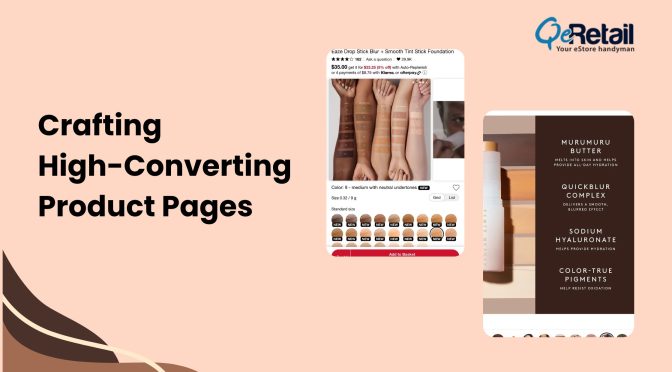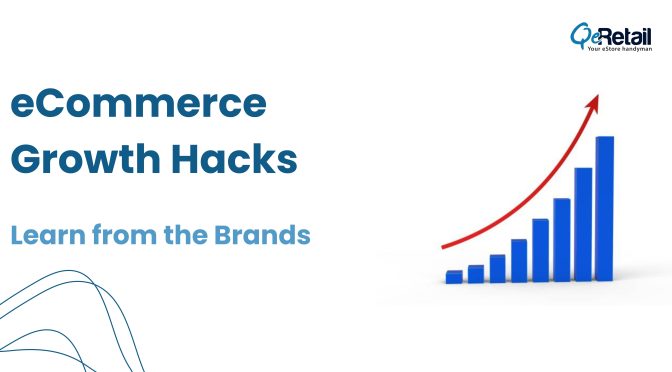Every entrepreneur was a customer once. Think of how you would like to be treated as a customer. Is your company doing just enough to satiate that? If not, it’s time to get back on the board and start scribbling.
There’s an old saying which goes, ‘People will forget what you said, people will forget what you did, but people will never forget how you made them feel.”
This quote stands through the test of time and is apt at so many levels. Be it a personal or professional relationship, doesn’t matter if you are meeting for the first and the last time or for the thousandth time, a person will remember you for how you made them feel.
And when it comes to business, you sure want your customers to remember you for as long as you are in business at least. Make every customer feel valued and you have won half of the battle.
On the surface, brand loyalty is about building a substantial amount of trust and confidence about your service into a customer’s mindset.
In order to better understand this, let us break the topic down into two elementary questions.
1. What exactly is brand loyalty?
2. How important is brand loyalty for a business?
What is brand loyalty for a business?
A simpler version of the definition will be:
Regardless of the cheaper prices existing in the market for same product or service, if a customer still chooses to buy from your brand, repeatedly, you have earned brand loyalty from a customer.
Sometimes brands may confuse repeat customers as brand loyal; this is the deception that many brands fall into. Loyalty is not just consumer behavior, it is more than that.
A customer repeats purchase from your website due to many reasons, none of which might have anything to do with being really loyal.
Consider the below points:
- There is a lawful reconciliation with your company.
- Sometimes it becomes annoying and tedious to change suppliers.
- At present you are the low-cost provider; this can be beaten anytime.
- One of your employees has a good rapport with them, hence they cannot be called brand loyal.
Should a desirable competitor enter and seek out your customer’s business, what do you think will happen?
A competitor will do anything to ease out the process of switching brands for a customer. Brand loyalty or customer loyalty is nowhere near having repeat business.
Hence in a broader sense brand loyalty can be when:
- A continuous belief in a brand name
- A sense of trust in your organization’s working
- Your service or product fulfills their value proposition
- Even when there is something wrong, customers stick to your brand, product or service
- Customers do not seek out competitors
- Customers are willing to spend the time, effort, and money for your brand whenever a need arises.
- Customer wants to do business with you
- Consumers are not loyal to companies but to their beliefs.
- Your company shares the same values as them.
Imagine brand loyalty as a Catenary model where each of these points is dangling under their own weight. Each suspended point forges its individual weight on the arch of your brand name.
How important is brand loyalty for a business?
Loyal customers carry a sense of belief that the products or services that they have purchased from your brand is far superior compared to the rest.
For loyal customers, shopping on your website is not just any online transaction. It becomes a shopping experience for them. It invokes a sense of relationship with your brand.
It is said that it costs at least six times more to acquire a new customer than to retain an existing customer.
Here are few reasons why loyal customers are your most valuable asset.
1. They generate major revenue of your website:
When compared to new customers, repeat customers are likely to spend more, generate higher revenues, buy an extensive range of products, and refer more loyal customers.
2. Remember the 80-20 theorem:
According to a study conducted by Gartner group, 80% revenue of your website comes from 20% of your customers.
3. Your best marketing chain:
Another good reason why customer loyalty is important is because loyal customers are your most trusted ‘brand ambassadors.’ They will be the most genuine, free of cost marketing agents you will ever have.
4. Your most palpable critics:
People are influenced more by someone who is close to them when compared to strangers. Loyal customers recommending your brand to their peers creates the much-needed impact.
5. The first line of defense:
Loyal customers stand as a shield between your brand and price competition. You no longer need to worry about price sensitivity when competition increases in your niche.
As Warren Buffet had stated, it gives you an ‘economic moat’; your ability to maintain competitive advantages over your competitors in order to protect your long-term profits.
TOMS, an online shoe retailer, has bolstered their One for One Moment through time and built a cult following with it.
Their customers identify the company’s value with that of their own. Something which the customer would like to do but are not able to do so on their own.
Hence with this service which is an aid to humanity brings together like-minded folks and makes them stick to the brand.
Existing brand loyalty is the most valuable asset a company has in its portfolio.







